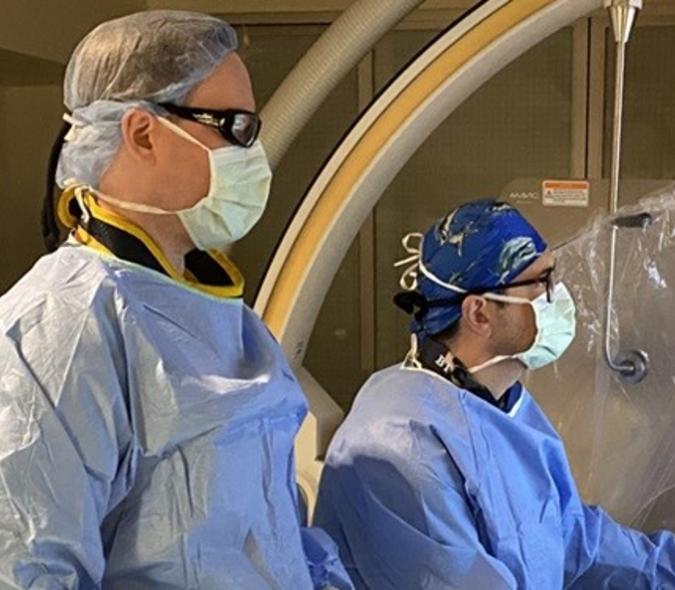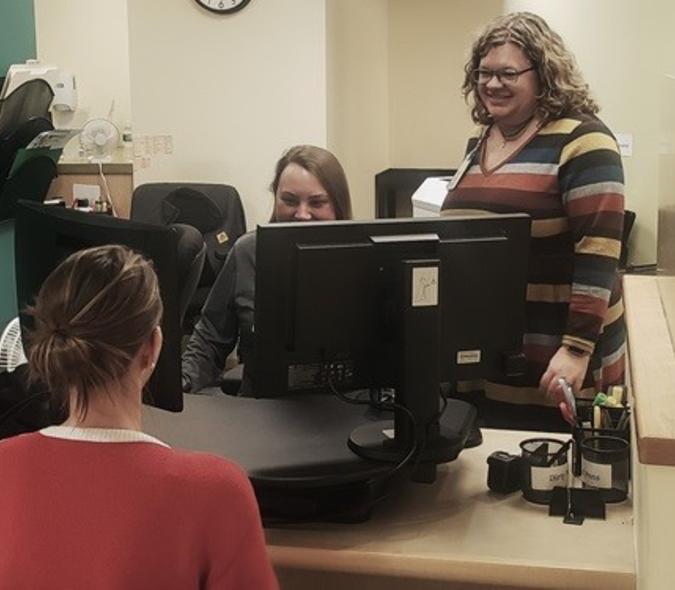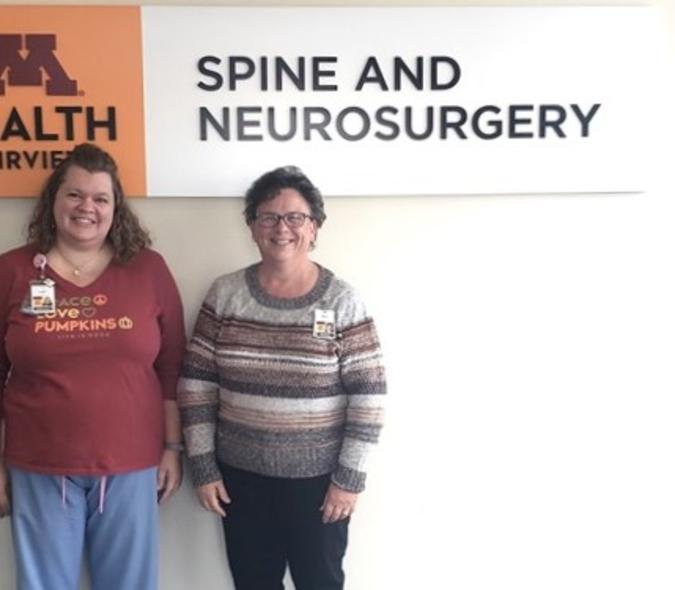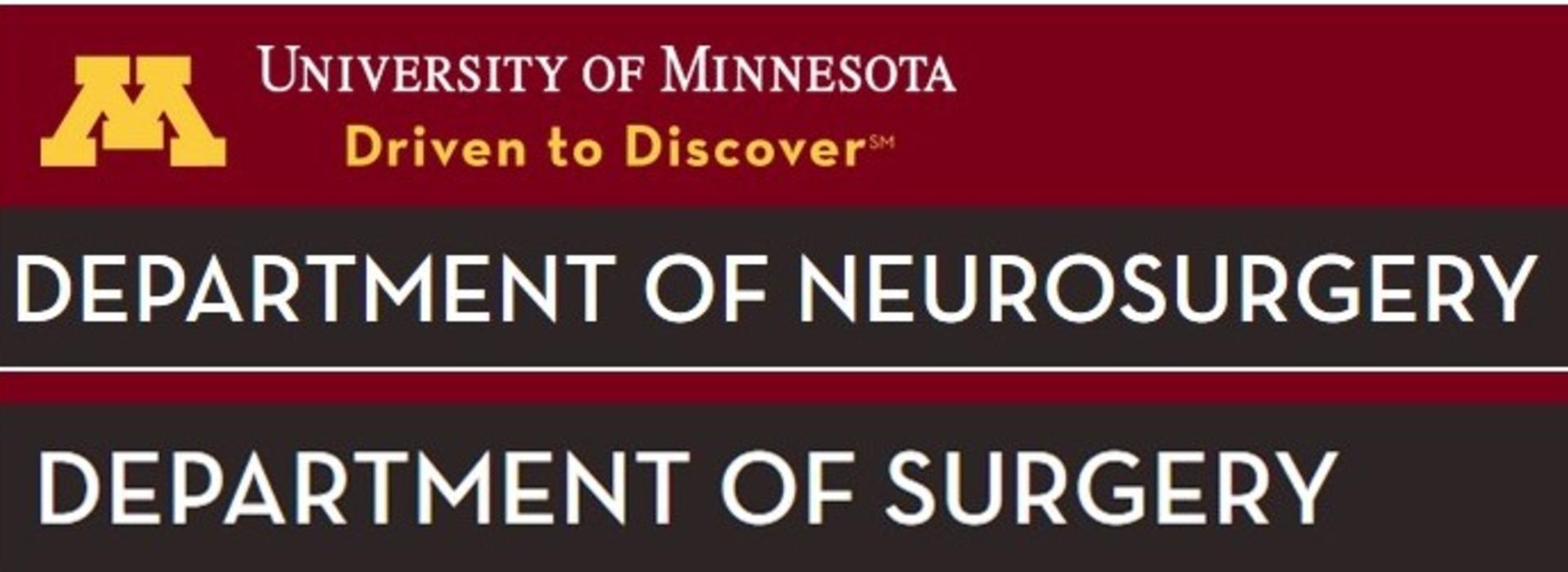
Unique U of M collaboration seen as a golden opportunity by its first participant
Working in partnership, the General Surgery and Neurosurgery Departments at the U created a first-of-its-kind program known as the General Surgery/Neurosurgery Preliminary Track. It is designed for a qualified, internationally trained candidate to spend a year working with both departments in preparation for applying for a neurosurgical residency. The program mirrors the experience of a first-year neurosurgery resident.
What makes the General Surgery/Neurosurgery Preliminary Track unique is that it is recognized by the Accreditation Council for Graduate Medical Education and the curriculum and rotations are recognized by the American Board of Neurosurgery. “Establishing this track is a consequential endeavor, requiring fulfillment of stringent training requirements by multiple governing bodies,” said Clark C. Chen, MD, PhD, Head of the Neurosurgery Department.
“We wanted ACGME oversight and we wanted participants to leave the program with more than just letters of recommendation,” Park noted. Because participants complete what amounts to the first year of a neurosurgical residency, the program enables the candidate to apply for future neurosurgery residency Matches as a second-year candidate.
The multi-year effort is led by Susan Culican, MD, PhD, Associate Dean for Graduate Medical Education, Michael C. Park, MD, PhD, Neurosurgery Department Residency Program Director, and Melissa Brunsvold, MD, General Surgery Residency Program Director.
Trail blazer
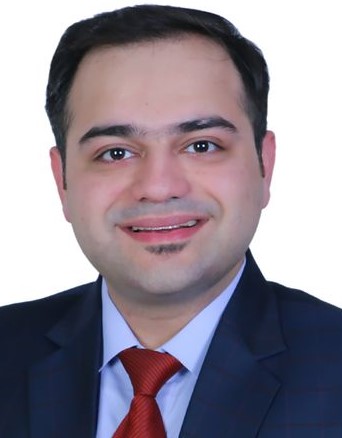
Sanjay Dhawan (pictured at left), MD, who is the first to be matched to this position, started the program in late June. “Sanjay completed medical school and a general surgery residency with high distinction at University College of Medical Sciences and Maulana Azad Medical College of the University of Delhi – an institution that many would recognize as the finest medical school in India,” said Chen.
At the University of Minnesota, Dhawan completed a Medical Device Innovation Fellowship through the U’s Medical Device Institute as well as a dedicated neuro-oncology fellowship. He is co-inventor of a landmark patent describing the use of neuromodulation as a platform for brain cancer therapy.
Essential team member
Dhawan will spend this year training both in and out of the operating room. “He will serve as an essential member of the neurosurgery team, working closely with our multi-disciplinary unit at the University of Minnesota Medical Center,” said Chen. “The goal is to give him the clinical experience necessary to succeed in a future neurosurgical residency match.”
Overseen by the National Residency Match Program, there are just 232 neurosurgical residency program slots available throughout the country. Very few foreign medical graduates successfully match to neurosurgery. “It’s a great opportunity for me,” Dhawan said. “It can be a steppingstone toward entry into a neurosurgery residency.”
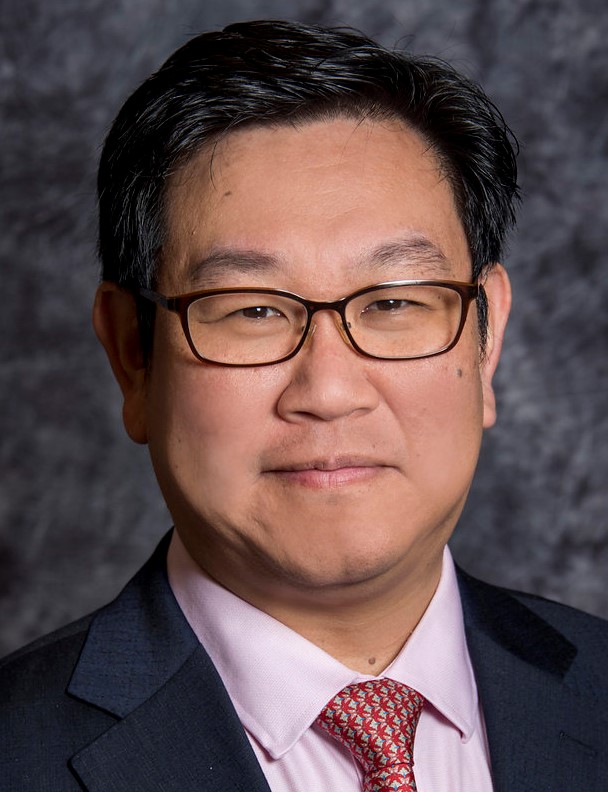
“We want these highly qualified candidates to be able to get a foot in the door of American neurosurgery residencies,” added Park (pictured at left). “They just need to be given a chance.” ACGME oversight will also facilitate promotion of the candidate’s wellbeing during a demanding training process, he noted.
Global impact of University of Minnesota
The Department of Neurosurgery and General Surgery will continue to promote the new program. “If we’re successful, Dr. Brunsvold might be able to work with other subspecialties to attract talented candidates,” Park said. “It may create a pathway to U.S. residency training for specialties beyond neurosurgery.”
The University of Minnesota has a history of training neurosurgeons who practice throughout the world. “We have trained many neurosurgeons who went on to initiate and promote neurosurgery in their homelands,” said Chen. “Some became recognized as the ‘founders of neurosurgery’ by their own countries. It is a legacy of which we are particularly proud.”
Chen added that this unique program is one of many actions the department has taken to continue this legacy. “The successful partnership with the Graduate Medical Education program, the Department of Neurosurgery, and the General Surgery Department highlights the collaborative and shared vision at the University of Minnesota to impact global health,” he said.
